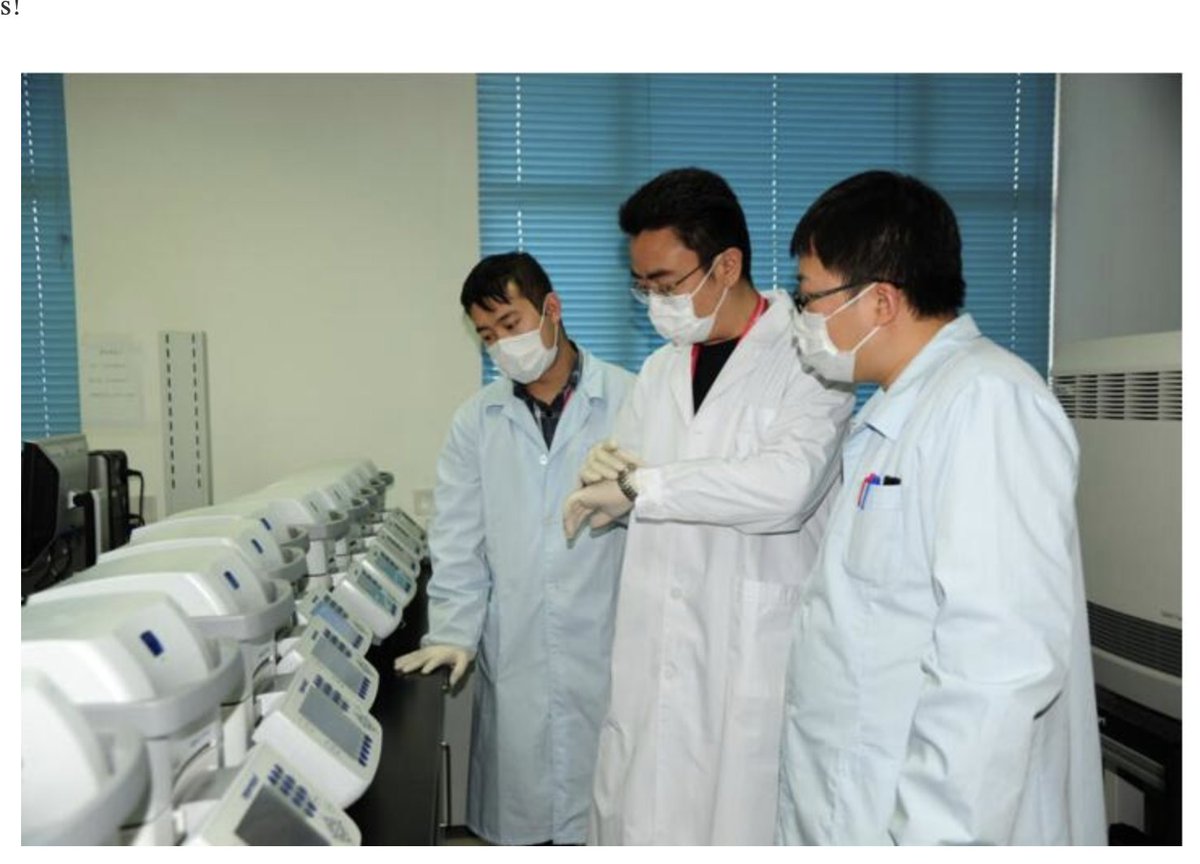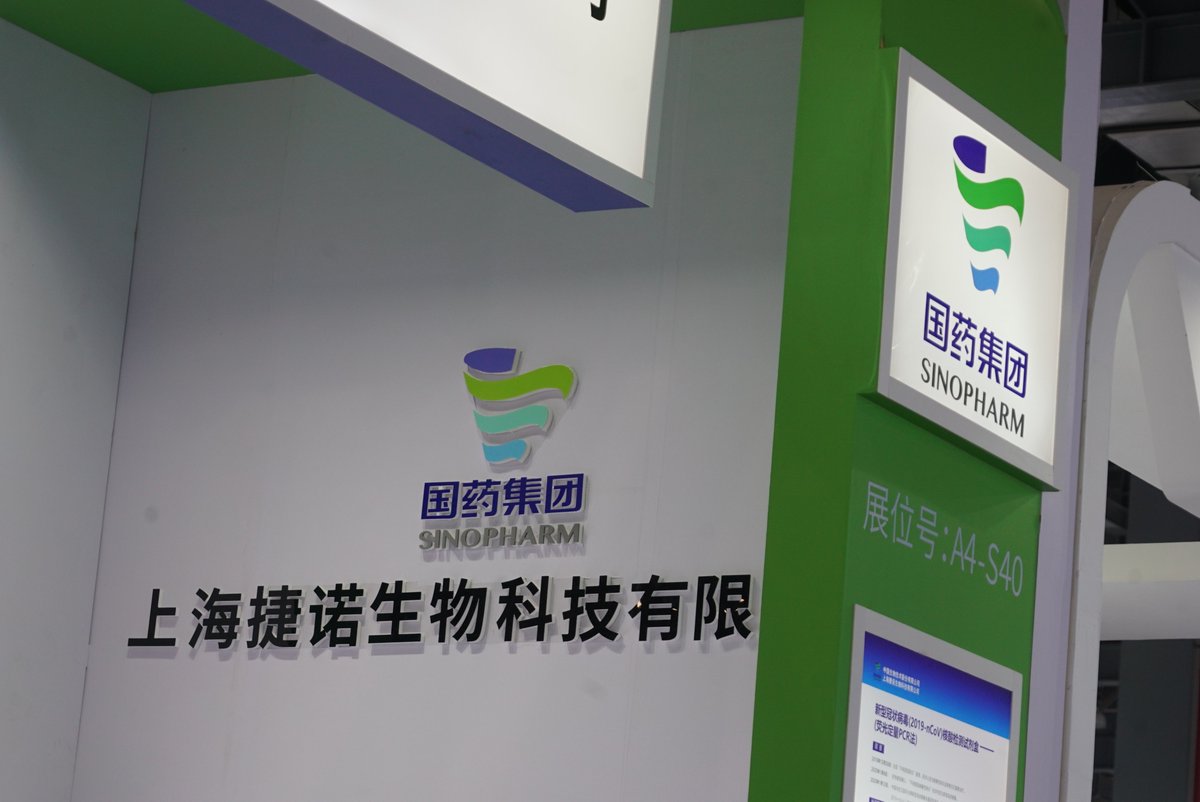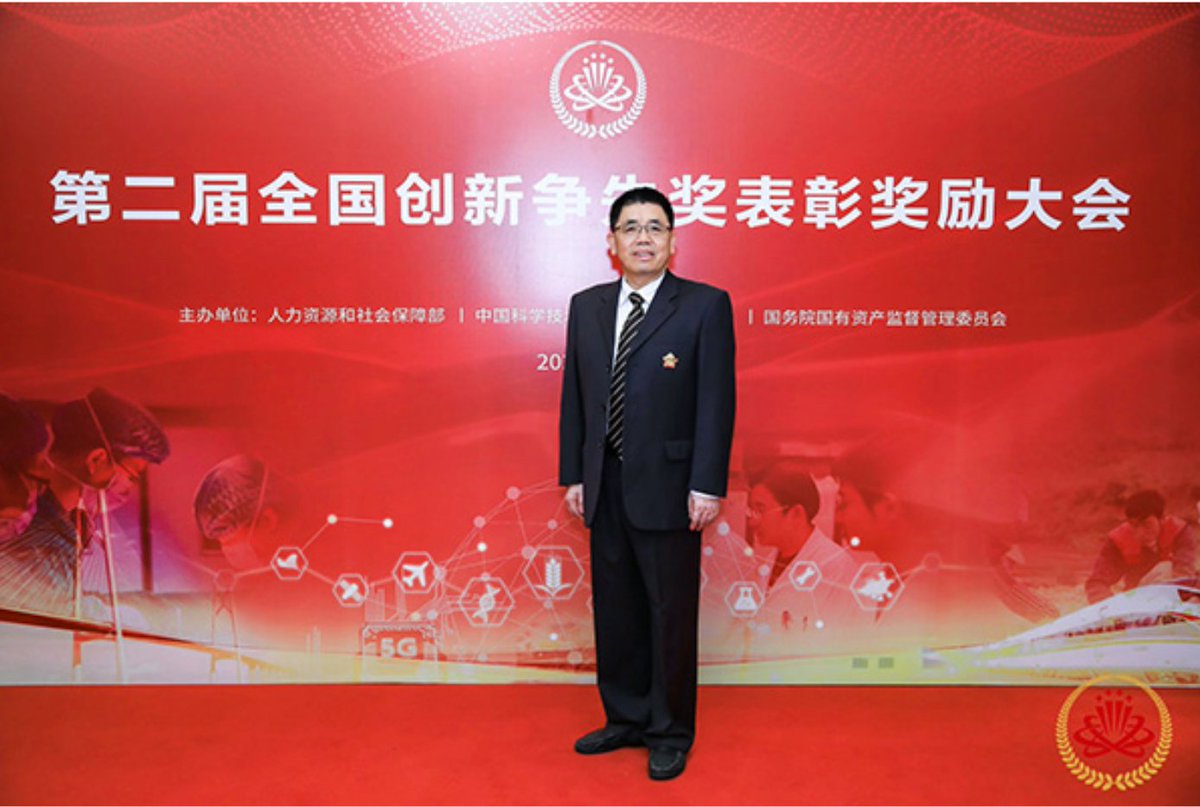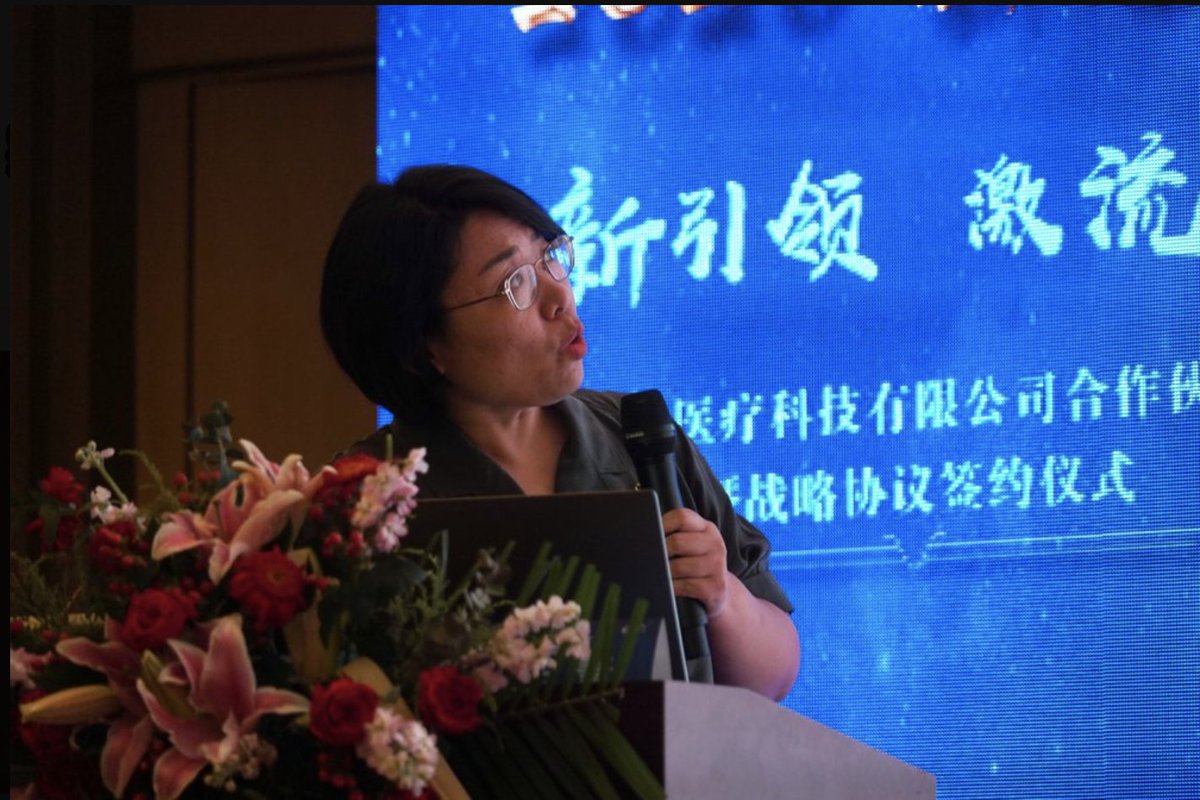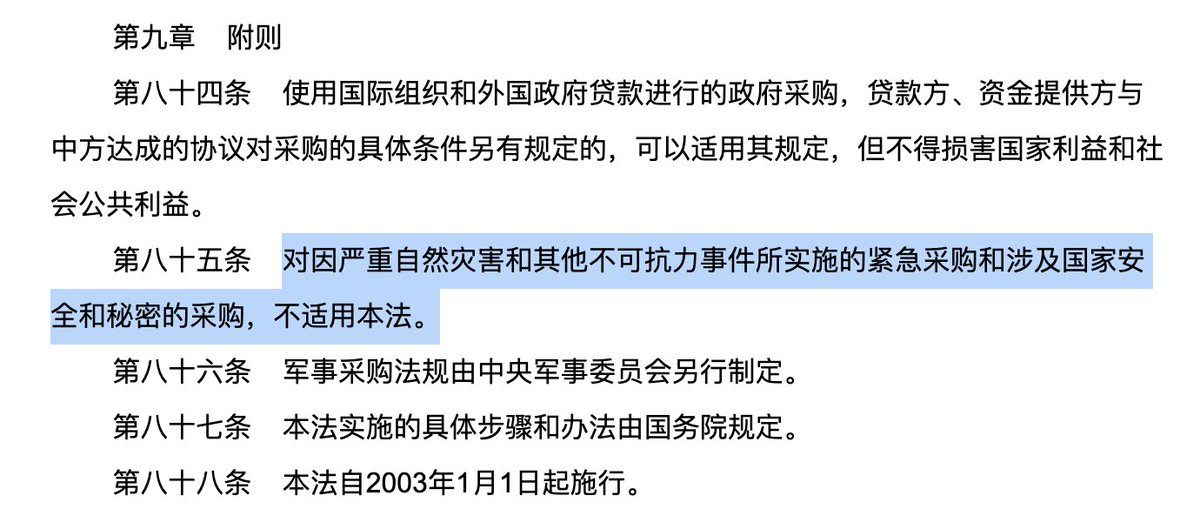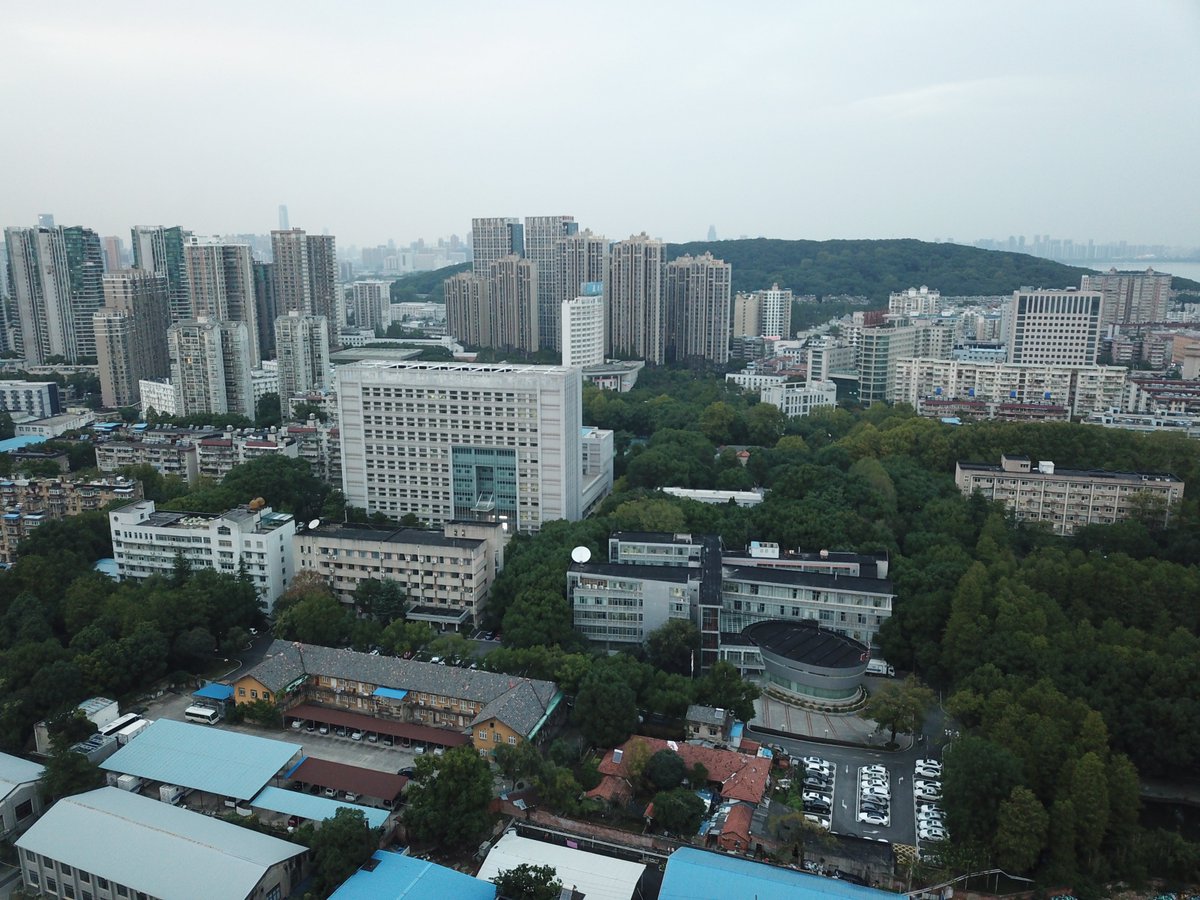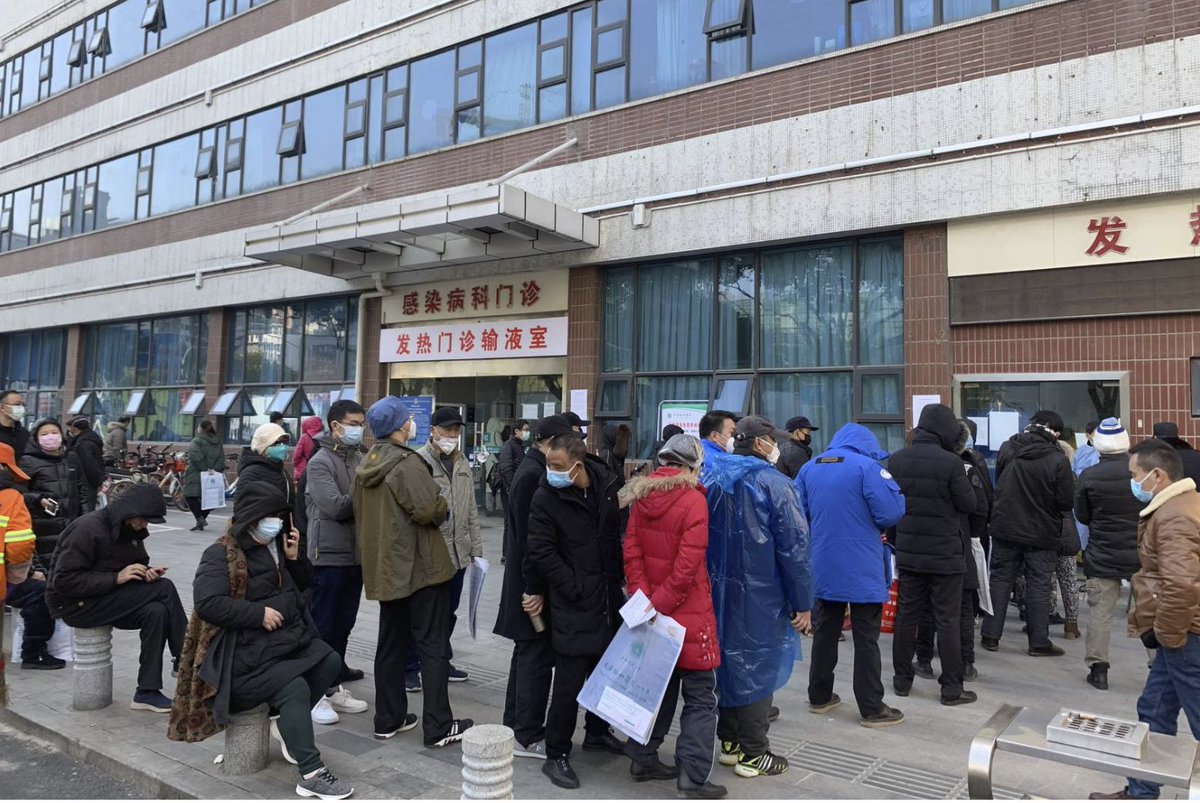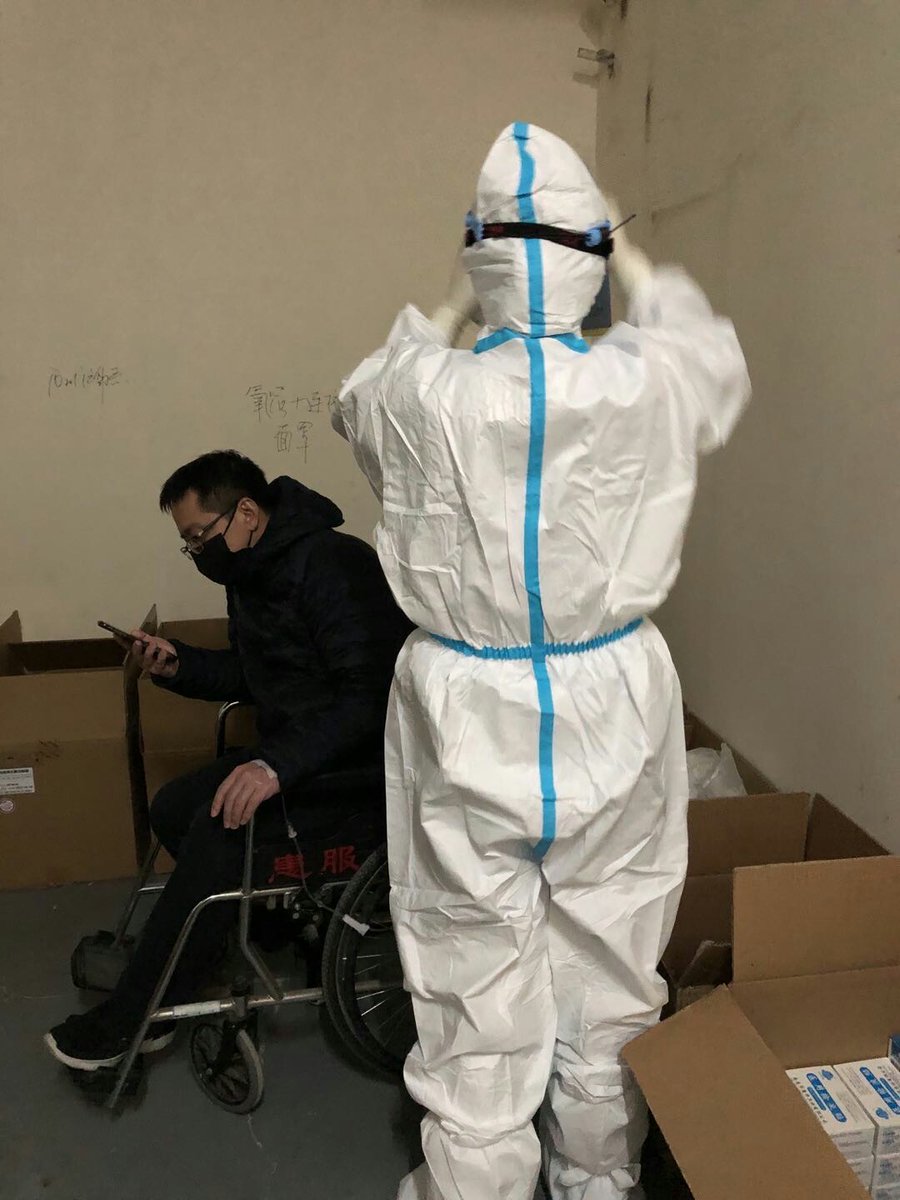1/ NEW: During 12 fateful days in January, Chinese authorities failed to report any new coronavirus cases, lulling Wuhan residents into complacency.
Why? In part, because of cronyism and secret deals between the China CDC and three Shanghai companies
https://apnews.com/article/international-news-technology-wuhan-china-coronavirus-pandemic-312f4a953e0264a3645219a08c62a0ad\\
Why? In part, because of cronyism and secret deals between the China CDC and three Shanghai companies
https://apnews.com/article/international-news-technology-wuhan-china-coronavirus-pandemic-312f4a953e0264a3645219a08c62a0ad\\
2/At first the China CDC moved swiftly, sequencing the virus in 24 hours and writing test protocols in 48. The natural next step, experts and CDC staff say, would have been to publish the sequences, distribute protocols and let scientists to test for the virus.
It was not to be.
It was not to be.
3/Instead, the China CDC instituted a top-down, rigid disease detection system. They took charge and shoved competing agencies out of the way, demanding all patient samples be routed through Beijing.
One CDC technician told me they made confirming cases “mission impossible”.
One CDC technician told me they made confirming cases “mission impossible”.
4/ Making reagents – the testing compounds needed to detect pathogens – is fairly simple. Scientists and industry executives compared it to “printing out PDFs at a print shop”.
Many firms can make them. But CDC officials turned to obscure ones they had personal ties with.
Many firms can make them. But CDC officials turned to obscure ones they had personal ties with.
5/Those three companies were not the best or the biggest. Instead, they were run by people who had ties to Tan Wenjie, a CDC official in charge of testing kits at the beginning of the outbreak.
6/One was run by the ex-chief technician of the Shanghai CDC’s microbiology lab. Contracts and emails I obtain show that for 5 years, she had sold test kits to her *own* workplace via an intermediary – a clear conflict of interest, and a possible violation of anti-corruption law.
7/Instead of publishing information about the virus ASAP, officials at the China CDC sat on it for over a week – even as they sold test kit designs and supplier rights to these three companies.
The price? One million RMB ($137,000), two sources told the AP.
The price? One million RMB ($137,000), two sources told the AP.
8/For the biggest pandemic in a century, that’s not a high price tag. And there’s likely a good reason for that: Back in early January, nobody really thought this outbreak was going to be that huge. CDC scientists thought it might be like MERS – scary, but not easily spreadable.
9/For limited outbreaks, the CDC commissions firms to make small batches of test kits for routine surveillance. It’s a niche market.
Normally, CDC purchases have to be publicly procured. But there’s a possible loophole: China’s procurement law doesn’t apply during disasters.
Normally, CDC purchases have to be publicly procured. But there’s a possible loophole: China’s procurement law doesn’t apply during disasters.
10/That makes perfect sense during, say, an earthquake or fire, when you really need to get your hands on things like bulldozers or hoses ASAP.
But for the CDC, it also presents a business opportunity: tap certain companies to make test kits. Steer business to those you know.
But for the CDC, it also presents a business opportunity: tap certain companies to make test kits. Steer business to those you know.
11/That's what happened in early Jan. CDC officials in charge of testing kits selected the three Shanghai companies and gave them the test kit designs. They validated their kits in secret evaluations at the Hubei CDC on Jan. 10 and 11, even before publishing the virus sequences.
12/This could work perfectly fine for pathogens that don’t spread easily, like MERS. You select the companies, you get your test kits, you detect the pathogens, they profit off selling a small number of kits for inflated prices since they’re the only suppliers. Everyone’s happy.
13/Well, SARS-CoV-2 turned out to be very different from MERS. It was far more infectious. That assumption that things were business as usual, that this pathogen wouldn’t spread too quickly – that proved to be a fateful mistake.
14/1st of all, since there were no test kits in Wuhan, there was no way to detect or confirm cases. That blinded Beijing to COVID-19's spread. It took a Jan. 13 case in Thailand (!) to jolt them into action, as leaked gov't docs obtained by @AP showed. https://apnews.com/article/68a9e1b91de4ffc166acd6012d82c2f9
15/Secondly, there were so few companies making test kits that when the outbreak erupted into a pandemic, there were massive test kit shortages and huge lines at Wuhan's hospitals. The few kits available were often faulty, as some of the companies making them lacked expertise.
16/One of those affected was Peng Yi, a 39-year old schoolteacher. He started cough on Jan. 23, just as Wuhan went into lockdown. Days later, he lined up for 8 hours at hospitals, only to be turned away for a lack of tests. When he finally got a test on Jan. 30, it was negative.
17/Peng finally tested positive on Feb. 8. By then he was already in critical condition. He passed away on Feb. 19, devastating his mother.
Here's his mother at his grave on Aug. 12, on what would have been his 40th birthday. One of the saddest videos I've ever seen.
Here's his mother at his grave on Aug. 12, on what would have been his 40th birthday. One of the saddest videos I've ever seen.
17/The grand takeaway here?
The collusion between the China CDC and the test kit companies deprived doctors and scientists on the ground in Wuhan of a crucial tool to see how the virus was spreading. That delayed recognition that the pathogen was human-to-human transmissible.
The collusion between the China CDC and the test kit companies deprived doctors and scientists on the ground in Wuhan of a crucial tool to see how the virus was spreading. That delayed recognition that the pathogen was human-to-human transmissible.
18/But for the companies themselves, the pandemic turned out to be a huge boon. As one of their executives put it: “The country and the economy suffered major damage. But for our nucleic acid diagnostics industry, this year has actually been a bonus.”
19/Inevitably the question will come up: Is this proof of malevolent behavior on the part of authorities? The answer is... well, very complicated. There were systemic issues, yes. There were bad actors. But this is not a straightforward story of “China bad”.
20/Rather, it shows how difficult it is to deal with unpredictable events like the coronavirus in our incredibly complex world. Many mistakes here were remarkably similar to those in the US, particularly how CDCs in both countries centralized testing capability - then bungled it
21/There are features of the Chinese system that caused major failures - in this case, the state's ability to gag and muffle scientists. But there are also features of, say, the U.S. that cause failures there - such as politicians actively hyping disinformation during a pandemic
22/Anyways, as a journalist, it's not my place to comment on this too much. Best to leave that to the historians and scientists to take what we've found and sort it all out.
23/One last note: One enduring mystery that has yet to be resolved is WHY the China CDC made confirming cases basically impossible in January. Why require full sequencing? Why force sample to be sent to Beijing? Why did Wuhan doctors endlessly reporting cases to no avail?
24/CDC staff, public health experts I spoke with said the standards for confirming cases were so abnormal that they were convinced someone was *intentionally* blocking testing and artificially suppressing the case count. But we still don't know who or why https://twitter.com/dakekang/status/1334558954102419462?s=20
25/Was it Wuhan city officials, eager to keep the peace before political meetings? CDC officials eager to publish science papers ahead of competitors? - or - central government officials who thought they could control the situation w/o telling the public, 内紧外松?
26/From Jan. 14 on, we know that high-ranking Chinese officials hid from the public how alarmed they were at the outbreak's potential. But the story is hazier before then. The test kits are a piece of the puzzle, but it's not the full story. One day, hopefully, we'll know it.

 Read on Twitter
Read on Twitter